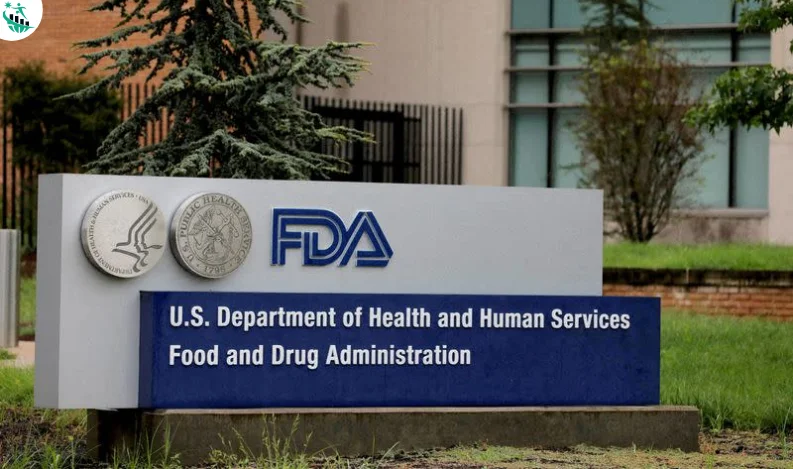
FDA sets tougher standards for Covid booster approval for healthy individuals
The U.S. Food and Drug Administration (FDA) has issued new guidance that will make it harder for pharmaceutical companies to get Covid-19 booster shots approved for healthy Americans. The agency now wants drugmakers to run full clinical trials for Covid booster shots aimed at healthy children and adults, raising the bar from previous years when approval relied mostly on antibody response data.
This change means companies like Pfizer, BioNTech, and Moderna may face new challenges and increased costs in bringing new Covid boosters to the market, particularly for the general population without risk factors. In the past, the FDA approved annual booster updates based on smaller studies that showed the vaccines triggered a strong immune response. Now, for healthy people, the FDA will require larger, placebo-controlled trials to prove the vaccine’s effectiveness in preventing symptoms of Covid-19.
Vinay Prasad, who now leads the FDA’s vaccine division, explained during a public town hall that the agency wants stronger scientific evidence before recommending more booster doses for people without underlying health issues. “We don’t know if a healthy person who has had multiple shots and infections still benefits from a seventh or eighth dose,” he said.
The new policy will continue to support easier approvals for high-risk groups, including older adults and those with medical conditions like obesity and mental health disorders. For these groups, the FDA will still allow approvals based on immunogenicity data — that is, proof the shot produces a strong immune response. According to the FDA, up to 200 million Americans may fall into this higher-risk category.
However, for people aged six months to 64 years without such risk factors, the bar is higher. Drugmakers will have to run randomized trials comparing the vaccine to a placebo, with data showing at least 30% effectiveness in preventing symptomatic illness. These trials should also include people who’ve already had Covid, and companies must track results for at least six months to prove that early protection lasts.
The agency is also moving away from a universal annual shot for everyone. In a paper published in the New England Journal of Medicine, FDA Commissioner Marty Makary and Prasad said the virus is not changing fast enough to justify yearly updates for all. Instead, they favor a more flexible, risk-based approach similar to other high-income countries that only recommend boosters for vulnerable groups.
Some analysts believe the new guidance is fair and reflects current scientific understanding. BMO Capital Markets and Jefferies said the new rules are reasonable and may even reduce uncertainty for investors. Still, there are questions about whether this will also apply to next-generation combination vaccines targeting multiple viruses.
Recent data shows fewer Americans are receiving their Covid boosters. According to the CDC, fewer than 25% of people received an updated Covid shot last season. Among children, the rate was under 10%. Even health-care workers showed low uptake.
FDA officials say the new approach balances scientific rigor with public trust and aims to restore confidence in vaccines by making recommendations clearer and more targeted.



Recent Comments:
No comments yet.